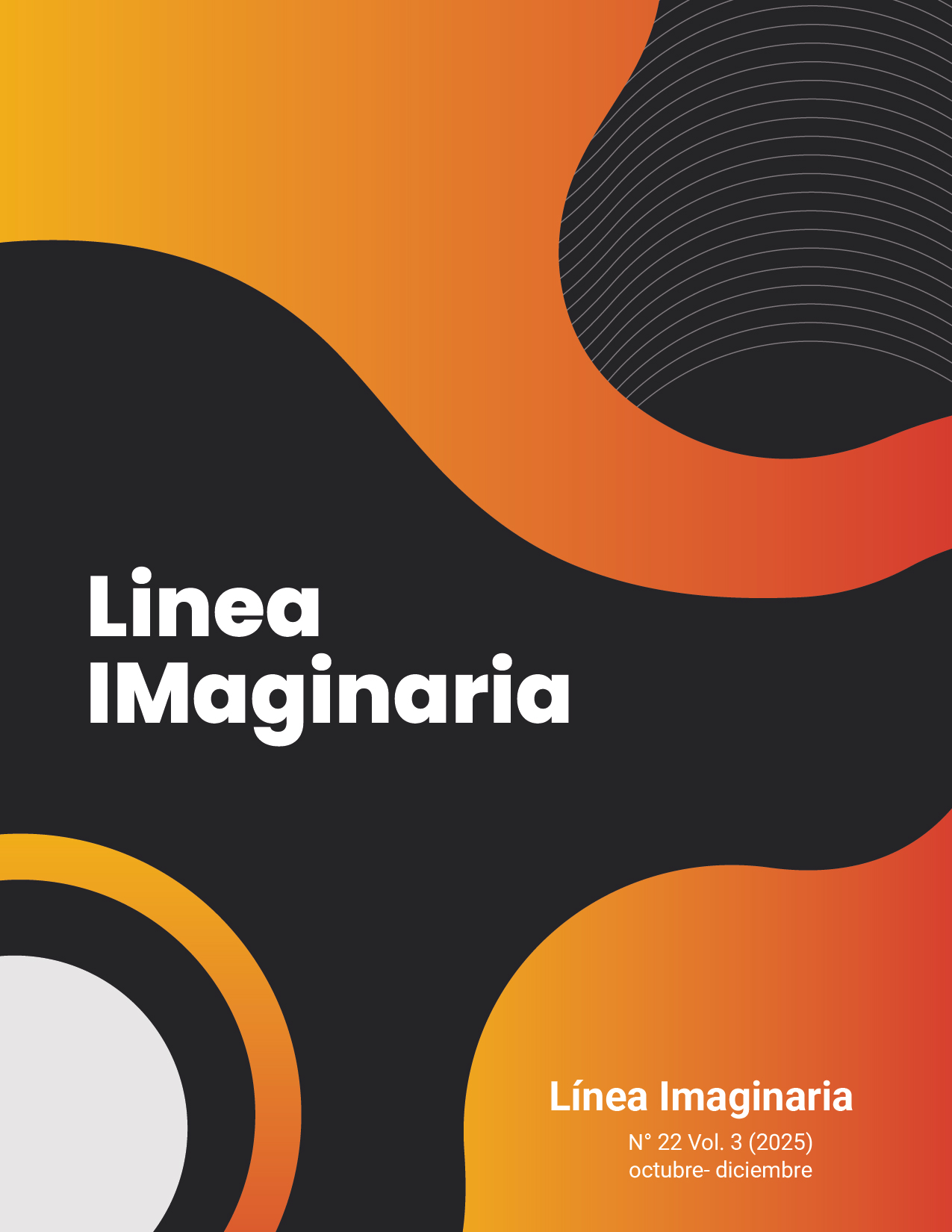INCLUSIVE EDUCATION IN CONTEXTS OF CULTURAL DIVERSITY: REFLECTIONS FROM PEDAGOGICAL PRACTICE IN THE COLOMBIAN-VENEZUELAN BORDER REGION
DOI:
https://doi.org/10.56219/lneaimaginaria.v3i22.4639Abstract
One of the problems affecting education is the inclusion of migrant students in the educational system, especially in regions marked by cultural diversity, such as border regions. Therefore, it is an ethical and social responsibility of government institutions to promote educational policies for the integration of this population into society, offering them quality education, as it is a universal right. In this sense, this article aims to reflect from the perspective of pedagogical practice on inclusive education in contexts of cultural diversity, specifically the Colombian-Venezuelan border region, taking into account that it is a territory characterized by constant human mobility and socioeconomic inequalities, where every year, due to the social, political and economic situation in Venezuela, the number of migrants increases. Therefore, it is essential that pedagogical practice transcends towards inclusion, where cultural diversity is valued as a learning resource. Thus, this article addresses aspects such as teacher training, school coexistence, the promotion of educational policies for student inclusion and intercultural pedagogical strategies for the development of competencies in educational environments, all with the purpose of strengthening inclusive education in spaces of social vulnerability, promoting more just and supportive societies.
Downloads
References
Álvarez, M., & Pérez, J. (2022). Convivencia escolar en zonas de frontera: Un análisis desde la perspectiva de los docentes. Revista Latinoamericana de Estudios Educativos, 55(1), 89-112.
Fraser, N. (2008). Scales of Justice: Reimagining Political Space in a Globalizing World. Polity Press. p. 9.
Fundación para la Innovación Educativa. (2022). Tecnología y educación intercultural: Oportunidades para la inclusión. Bogotá, Colombia.
García, C., & Restrepo, L. (2020). Estrategias pedagógicas para la inclusión en contextos de diversidad cultural. Revista Colombiana de Educación, 78(2), 45-67. DOI: 10.17227/rce.v78i2.3456
Gómez, R., & Salazar, D. (2019). Barreras lingüísticas y educación inclusiva en contextos de migración. Revista de Estudios Lingüísticos y Educativos, 12(4), 78-95.
Martínez, F. (2022). Políticas educativas y educación intercultural: Un vacío estructural en América Latina. Revista de Políticas Educativas, 9(1), 101-118.
Pérez, J., & Salazar, A. (2020). Discriminación y convivencia escolar en contextos de migración masiva. Estudios Sociales y Educativos, 14(3), 78-94.
Ramírez, L., & Gómez, M. (2021). Estrés docente en contextos de migración: Un análisis en zonas fronterizas. Revista de Psicología Educativa, 17(2), 45-62.
Rodríguez, A., & Martínez, P. (2021). Diversidad cultural y currículo escolar: Propuestas para la inclusión. Revista de Investigación Educativa, 43(3), 123-145.
Secretaría de Educación de Norte de Santander. (2023). Informe sobre diversidad cultural y educación en la región fronteriza. Cúcuta, Colombia.
Torres, L. (2021). Resistencias al cambio en la educación intercultural: Un análisis crítico. Journal de Educación y Diversidad, 8(2), 101-120.
UNESCO. (2022). Educación intercultural: Guía para la práctica docente en contextos multiculturales. París, Francia. Recuperado de https://unesdoc.unesco.org
Downloads
Published
How to Cite
Issue
Section
License

This work is licensed under a Creative Commons Attribution-NonCommercial-ShareAlike 4.0 International License.
La revista Línea Imaginaria conserva los derechos patrimoniales (copyright) de las obras publicadas, que favorece y permite la reutilización de los mismos bajo la licencia Creative Commons Atribución-NoComercial-CompartirIgual 4.0 , por lo cual se pueden copiar, usar, difundir, transmitir y exponer públicamente, siempre que se cite la autoría y fuente original de su publicación (revista, editorial, URL y DOI de la obra), no se usen para fines comerciales u onerosos y se mencione la existencia y especificaciones de esta licencia de uso. Si remezcla, transforma o crea a partir del material, debe distribuir su contribución bajo la misma licencia del original.













